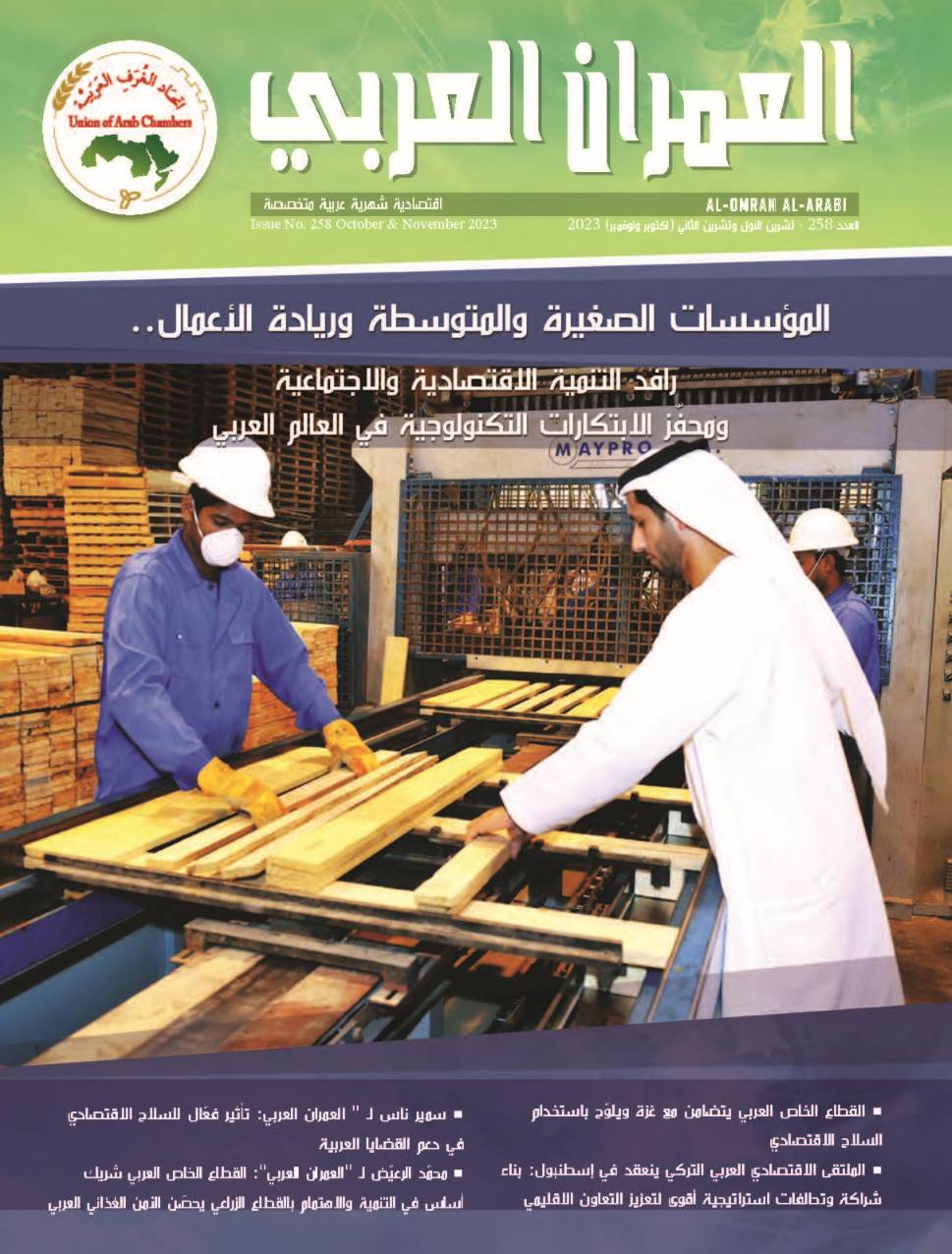
Gulf Cooperation Council Countries... Outstanding Successes Amid Regional
and International Crises
Despite the political and economic crises that the world is witnessing, since the beginning of the Corona pandemic and its subsequent negative impact on the entire global economy, and through the Russian-Ukrainian war that affected global supply chains, and led to a global wave of inflation, as food prices were affected by the extreme rise, reaching... The Gaza War that broke out on October 7, 2023, and left severe impacts on the economies of many Arab countries, especially those surrounding Palestine, especially Egypt, Lebanon, Syria, and Jordan. On the other hand, the countries of the Gulf Cooperation Council are moving forward on the path of success, achieving more excellence and success in their ambitious plans and vision, as the Kingdom of Saudi Arabia was able, thanks to its wise leadership, to win the hosting of “Expo 2030”, an achievement that is added to the series of successes that the Kingdom has achieved in the steps of implementing the vision 2023. The United Arab Emirates also succeeded in completing the process of advancement and excellence, and successfully hosted “Expo 2020 Dubai” and then, a short time ago, hosted the COP28 climate events. The rest of the Gulf Cooperation Council countries, especially Bahrain, Qatar, Kuwait, and the Sultanate of Oman, are also implementing their aspirations and visions towards economic diversification and reducing dependence on oil. This made these countries achieve significant economic growth at a time when the economies of developed countries are experiencing faltering, slow economic growth, and sometimes a decline in growth.
Within the series of achievements achieved by the Gulf Cooperation Council countries as an influential economic power, work on the GCC railway project is expected to be completed in late 2023. It marks the last year of the visions set by the Kingdom, Bahrain, and Qatar, and precedes the UAE Vision 2031 by a year, Kuwait 2035 by five years, and Oman 2040 by ten years.
Most of these Gulf visions are directed at restructuring the economy and reducing dependence on oil. Therefore, in 2030, most of the GCC countries will celebrate the achievements of the visions or the steps they have taken to achieve them, the most important of which is the completion of connecting the GCC countries to each other with a network of modern trains to transport goods and passengers. At two different speeds, reaching 120 km per hour in the first case, and in the second case up to 220 km per hour. This means that you can cover the distance from Riyadh to Manama in approximately two hours.
These two achievements are linked to each other. In 2030, the Gulf countries will change or begin to change their position in the international division of labor, as they are primarily oil or gas producers and importers of most of their needs from the global market. Therefore, they will be in dire need of a foreign market in order to sell what they produce industrially and agriculturally. On this basis, linking the GCC countries by railway will open the way for them to increase their exports to each other before heading to the global market.
During the next seventeen years, the GCC countries will be in a better economic position than the one they are in now. Therefore, the development of transportation between them will lead to increased economic integration between the GCC countries, and the promotion of intra-trade and joint investments. Especially, if these countries move towards developing relations among themselves and establishing a monetary union, after establishing the customs union and the Gulf common market, which may lead to the development of the relationship between the GCC countries and the establishment of a Gulf union.
However, before that, the GCC countries may see the removal of the border barriers and gates that still restrict movement between them, especially when the Gulf railway becomes ready to transport goods and passengers. This will enable participants in the economic process to transport their products, whose capacity is expected to reach 95 million tons per year, without stopping. Citizens and residents will also have the possibility of moving and traveling by cross-border train without bureaucratic procedures.
Therefore, the GCC countries are on a date with many Gulf achievements that will take us to advanced levels, open roads and borders for tourism between the GCC countries - or perhaps the Gulf Union - and deepen economic and humanitarian ties. Enabling 8 million to move easily from one Gulf country to another, especially with the development of the joint Gulf visa, which will allow any visitor to one of the Gulf countries to benefit from it and visit any other Gulf country he wishes.
